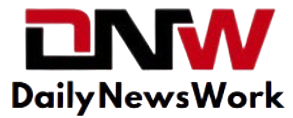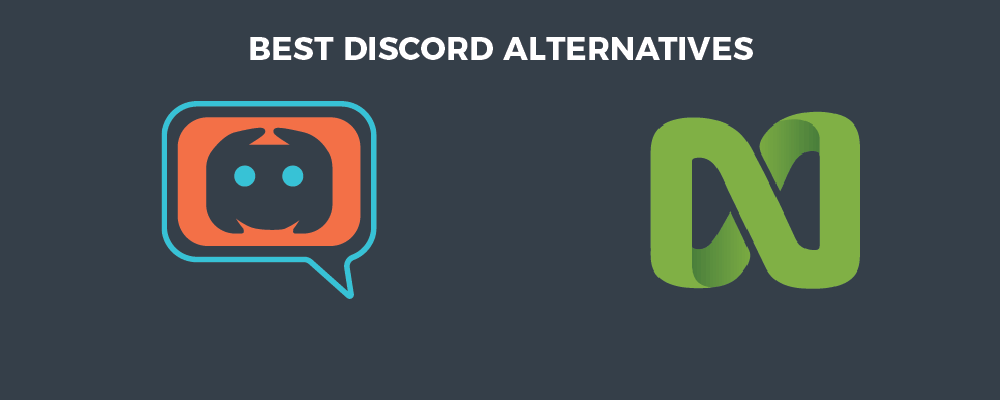In an era of rapid change and increased complexity, businesses are increasingly turning to outsourced human resources as a strategic means to streamline operations, control costs, and enhance their people capabilities. By outsourcing HR operations, organizations are able to access specialization, best-in-class technology, and flexibility in their workforce. The model adopted by Melita Group is the development and maintenance of a People Foundation of processes, policies, administration, and technology.
What Outsourced Human Resources Truly Means
Outsourced human resources (HR) refers to engaging an external provider to manage one or more HR functions—such as payroll, benefits administration, compliance, recruiting, employee relations, HRIS technology, and more. Melita states that their HR outsourcing solution is a modern HR practice integrated into a cloud-based system and high-touch client service with the help of strategic team management.
It does not imply that business organizations going forward will be required to develop a complete in-house HR department with a wide scope of knowledge; instead, they can engage an outsourced service provider to take on the roles, thereby enabling internal departments to concentrate on business expansion.
The Major Advantages of Outsourcing HR
Listed by Melita are various strong points:
- Entry to HR, Payroll, and Benefits Knowledge: Outsourcing provides companies with the benefit of accessing a complete team of HR, benefits, payroll, compliance, and technology expertise without having to cover the entire overhead of an in-house employee.
- Less Compliance Risk: Employment legislation, as well as HR laws, are moving and complicated. HR providers that have outsourced services ensure they have up-to-date knowledge and dashboards in order to keep clients in line.
- Scalability & Flexibility: Firms with a modular service model can only choose the HR services they require and add or do away with modules when the business grows. According to Melita, this is the capability of adding or withdrawing modules whenever there is a need, but continuity of technology is maintained.
- Improved Support to and Experience of the Employees: The outsourced HR manages the onboarding process, benefits questions, employee self-service portal, and maintains an overall organizational employee experience.
- Strategic HR vs. Administration: Outsourcing the tactical HR activities will allow the internal HR resources to refocus their efforts on strategic efforts such as talent development, analytics, and culture. Melita underlines the move towards strategic HR after a period of transaction.
What the Outsourced HR Would Look Like
The model suggested by Melita provides a real-life example of the way outsourced HR can be achieved:
- Technology Selection and Implementation: The clients select one of the available cloud-based HRIS (HR Information Systems): ADP, Rippling, or Paylocity. Melita sets up, manages, and maintains the chosen platform.
- Service-Module Selection: Businesses choose the HR, benefits, payroll, compliance, and technology modules that they need. The modules are payroll processing and tax management, HR administration and support, benefits advisory, leave of absence administration, employee relations support, etc.
- Dedicated Team Designation: A fractional HR team is designated—depending on the modules selected by the client—a People Ops Leader, HR Admin, Payroll Specialist, Benefits Advisor, Compliance Specialist, etc. This model facilitates expertise and only the necessary resources.
- Operation Implementation: The outsourced team deals with technology and onboarding, data migration, policy documentation, benefits enrollment, payroll, compliance tracking, and reporting.
- Concentrate on Growth: When HR infrastructure is outsourced, the client will be able to invest 100% of their energy in the business’s strategic objectives and growth.
What Are the Most Advantageous Businesses?
Outsourced human resources solutions are particularly valuable for startups, small-to-medium-sized businesses (SMBs), and high-growth companies that:
- Do not have the resources, time, or money to create a complete in-house HR team.
- Operate interstate/internationally and require compliance, payroll, and benefits knowledge.
- Desire to change HR from reactive administration to strategic business enabling.
Melita indicates that their HR outsourcing solutions are suitable for startups and small-to-medium-sized businesses (10–250 employees).
Before Outsourcing HR, Things to Take into Account
Individually, the following criteria can be used to ensure confidence when assessing an outsourced HR partner:
- Modularity & Flexibility: Are the service modules easily added or removed as needs vary?
- Technology Integration: Does the vendor assist you with the implementation of your selected HRIS and permit you to create tech ownership? The “No Stickiness Promise” of Melita is the opportunity to leave the service without altering the benefit cover or technology.
- Strategic Alignment: Does the partner act as a strategic consultant or does the partner just perform transactional duties?
- Compliance & Universal Availability: Does the provider offer services related to multi-state and international payroll, benefits, and regulations? Melita favors international payroll and HR.
- Employee Experience: Does it support employees (help desk, mobile application, portal) so that HR service does not feel out of touch?
Why Outsourced HR Is Important Today
Outsourcing human resources is now very urgent with the pressure of remote/hybrid workforces, global sourcing of talent, heightened regulatory demands, and the necessity of making decisions in HR that are based on data. Melita notes that nothing ever deserves a big building on a weak basis—you must have a solid foundation of the people’s role in your business first, before you can build anything serious.
With a robust People Foundation, HR will not hinder expansion but be a source of competitive superiority to the business in the form of growth, culture, and engagement.
Final Thoughts
Outsourced human resources is more than delegating tactical HR work—it’s a strategic partnership that delivers expertise, technology, infrastructure, and flexibility. It provides an appealing opportunity for businesses that are interested in mitigating risks, expanding HR capacity, cost management, and employee experience improvement.
The HR outsourcing architecture—the modular, technology-enabled, and fully supported system in which Melita Group serves as a provider—allows companies to create scalable, compliant, and growth-centric HR bases.









